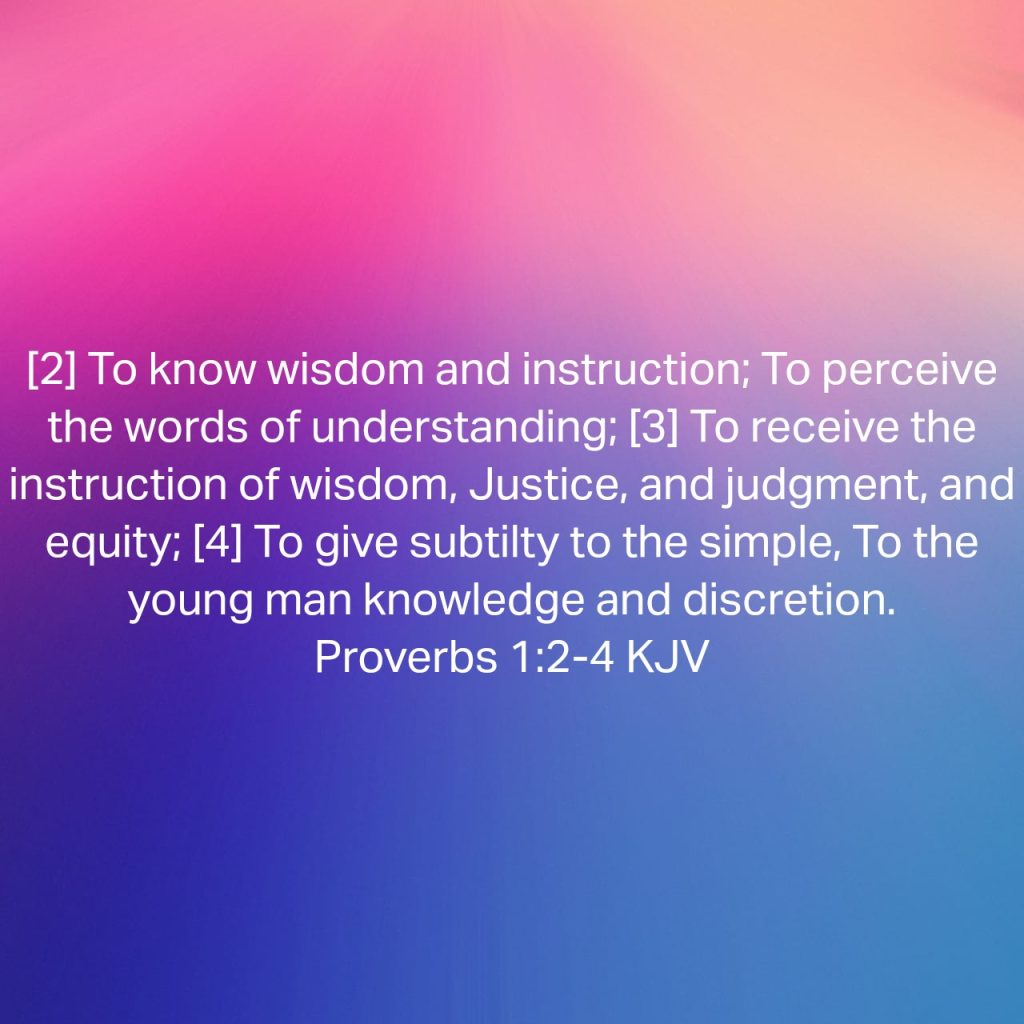“God is a Spirit: and they that worship him must worship him in spirit and in truth.” Read more here. Introduction John 4:24 highlights the nature of God as Spirit and the essential manner in which He must be worshiped. Interpretation This verse underscores the spiritual nature of God, emphasizing that true worship must be conducted with sincerity, aligning with God’s truth and spiritual essence. Modern Day Application Across Various Fields 1. Theology Reinforces the understanding of God’s spiritual nature and the importance of genuine worship practices. 2. Philosophy Encourages contemplation on the nature of the divine and the integrity required in religious and ethical practices. 3. Psychology Highlights the… Read More
Continue Reading





